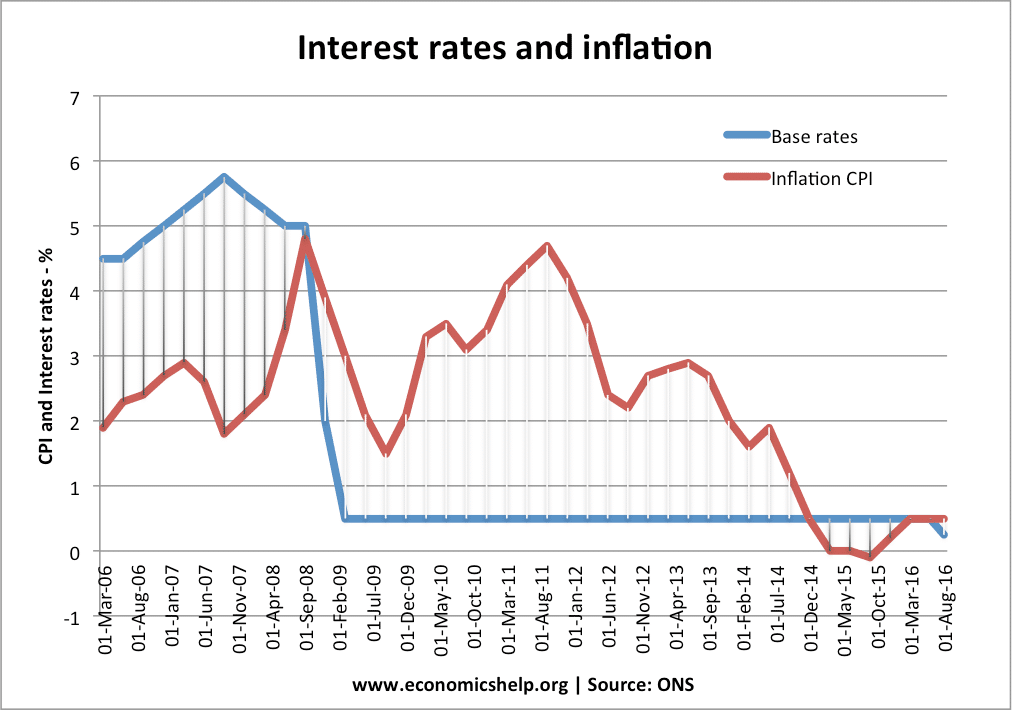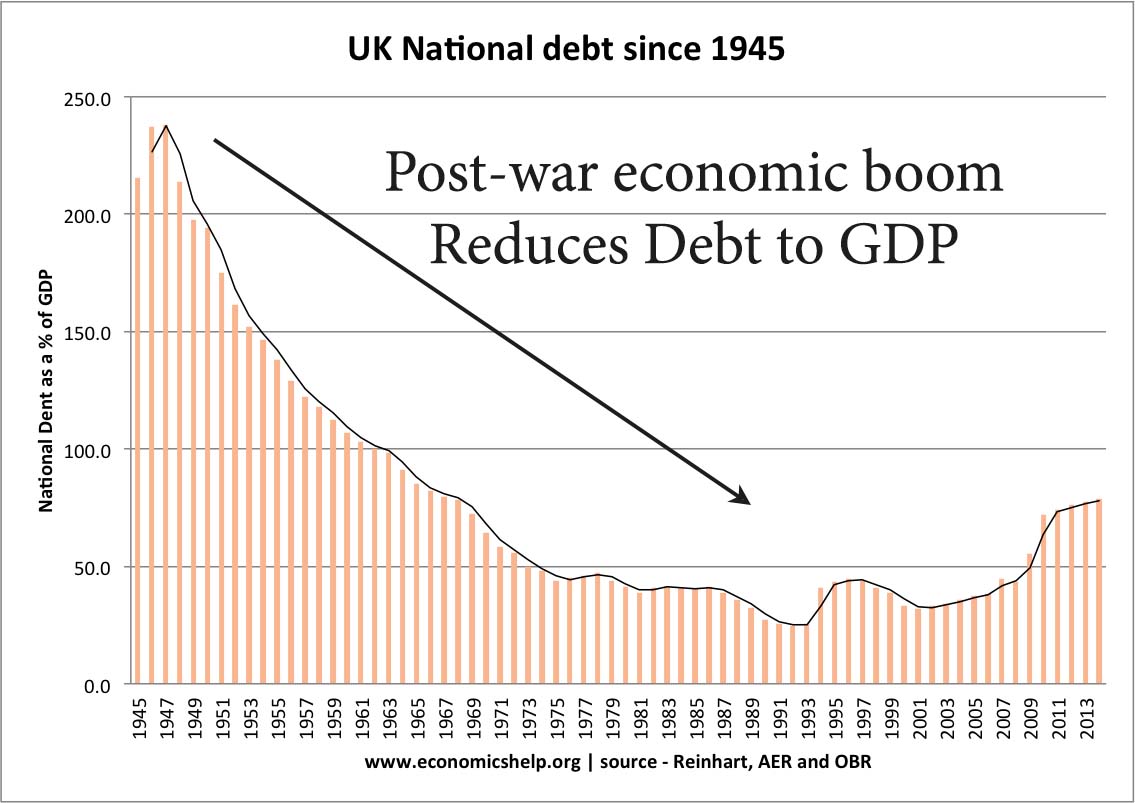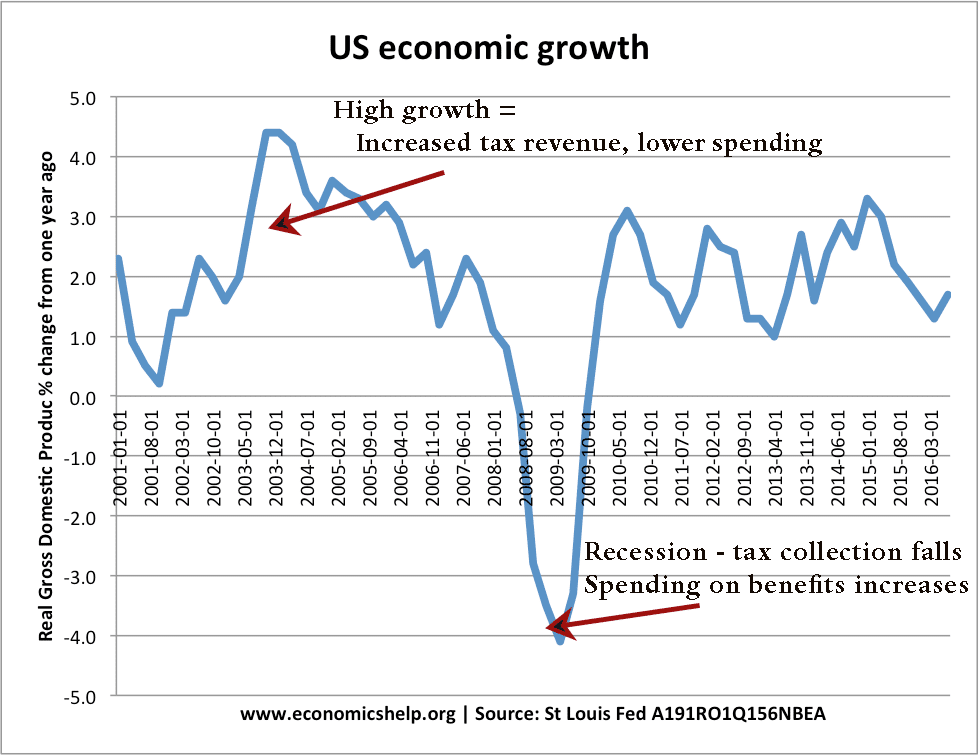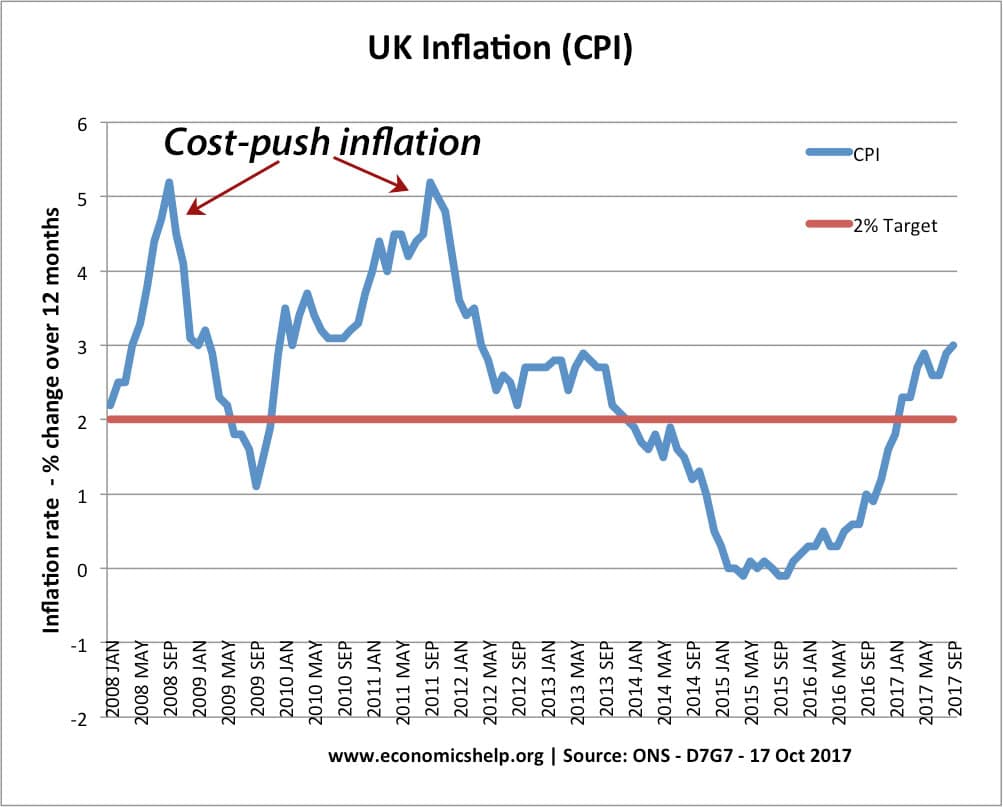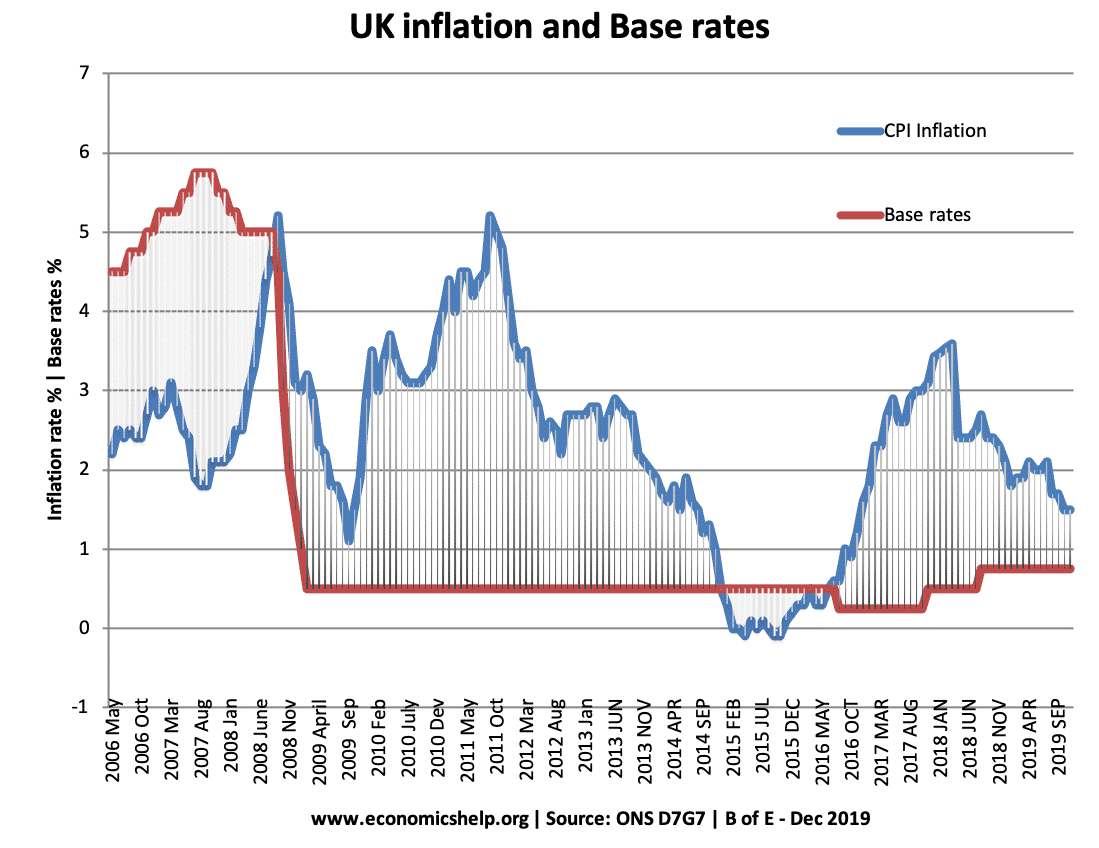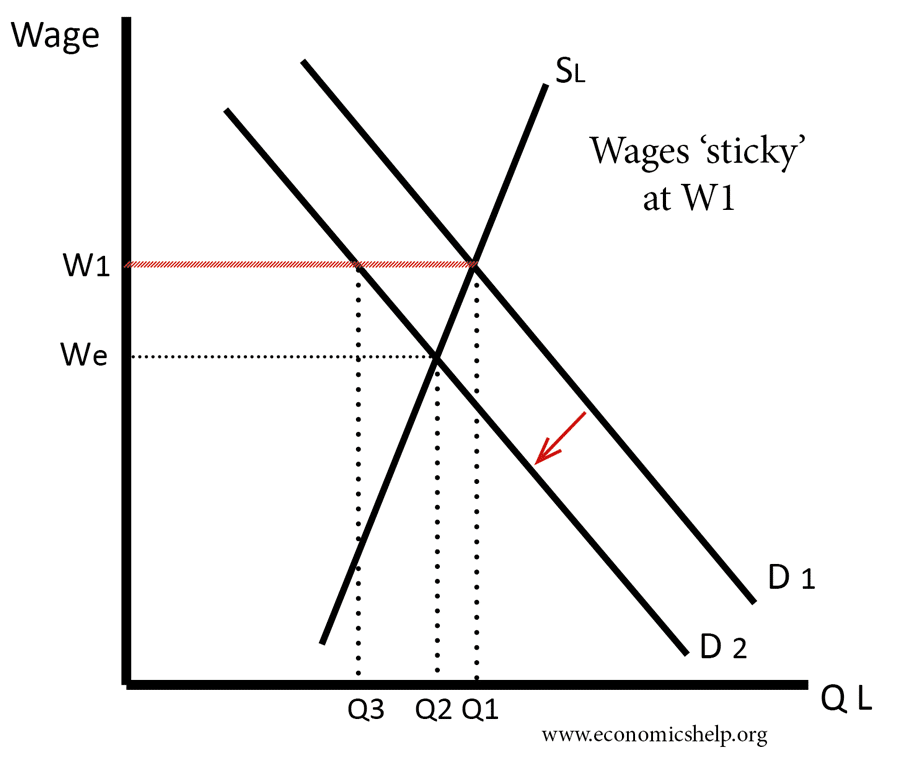The link between budget deficits and bond yields
Questions on budget deficits and bond yields. 1. What is the Link between the size of a countries budget deficit, and bond yields? Highest budget deficits – Ireland, Japan, UK and US 10 Year Bond Yields Greece and Ireland seem to have the relationship you might expect – deficit close to 10% of GDP …

